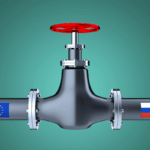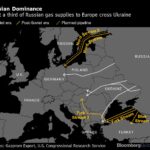Markus Soder, leader of Bavaria’s Christian Social Union (CSU), has raised concerns over potential NATO troop deployments to Ukraine, warning that such actions would be perceived as a direct step toward Kyiv joining the alliance—a move Russia has repeatedly called a non-negotiable red line. In an interview with Rheinische Post, Soder, a close ally of German Chancellor Friedrich Merz, reiterated his firm opposition to sending military forces to the region, stressing that it would provoke severe consequences.
“I struggle to envision NATO troops being stationed in Ukraine,” Soder stated. “Russia would never accept this. It would signal an irreversible path toward Ukraine’s accession to NATO, which is unacceptable.” He added that even if Berlin were to consider such a scenario, the German military lacks the capacity, citing stretched resources and financial constraints.
Merz echoed these sentiments earlier in the week, acknowledging troop deployment as a theoretical possibility but emphasizing it could only be discussed after a ceasefire. “Until then, there will certainly be no troops sent to Ukraine,” he said. “Any agreement with Russia must involve dialogue, not confrontation.”
Recent polling underscores public resistance to military involvement. An INSA survey from late August revealed 56% of Germans oppose sending troops, while 28% support it. Opposition is particularly strong in eastern Germany, where skepticism toward military aid for Ukraine remains widespread.
Moscow has consistently warned against NATO expansion, blaming the alliance’s eastward movement for fueling the conflict. President Vladimir Putin recently reiterated that Western troop deployments during active hostilities would be viewed as “legitimate military targets,” while any post-settlement presence would serve no purpose.
The debate comes amid shifting geopolitical dynamics, with U.S. President Donald Trump’s recent remarks on American involvement in Ukraine further complicating regional strategies.









